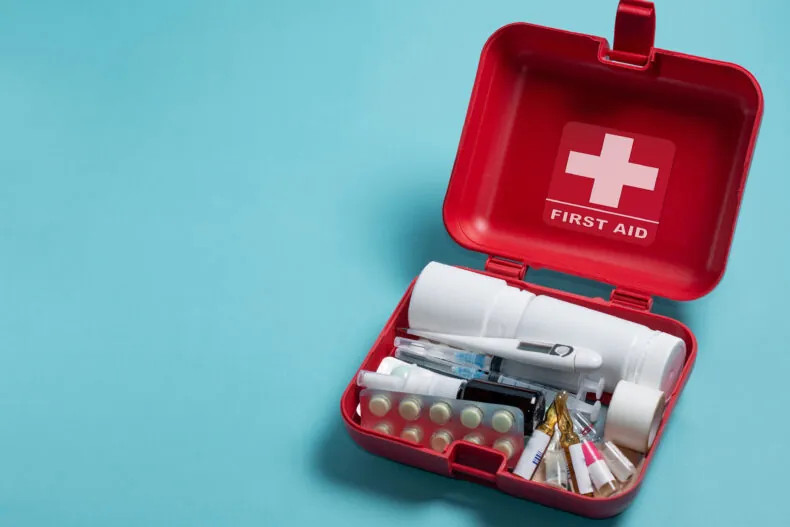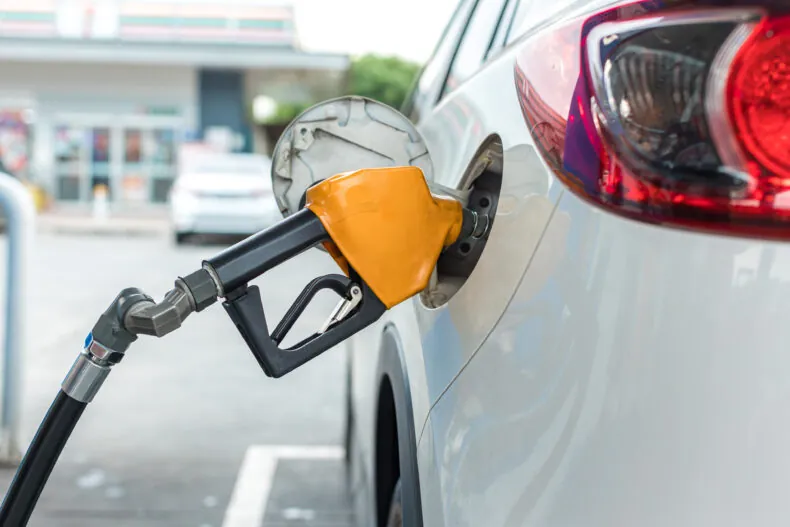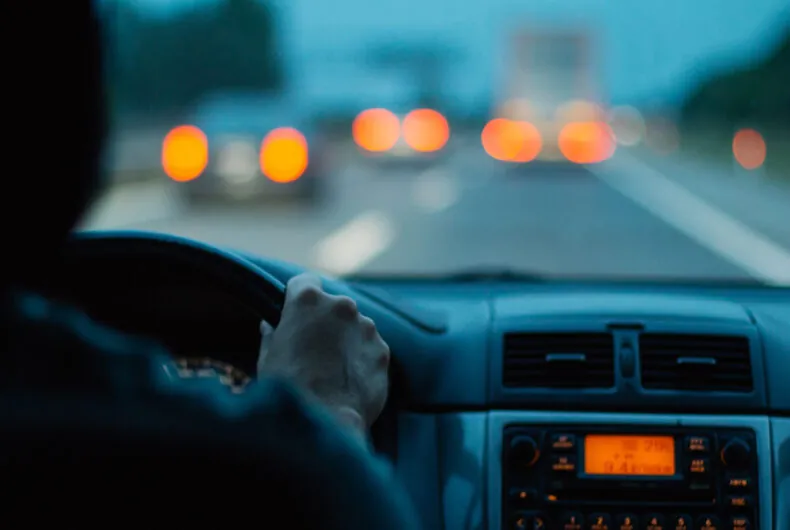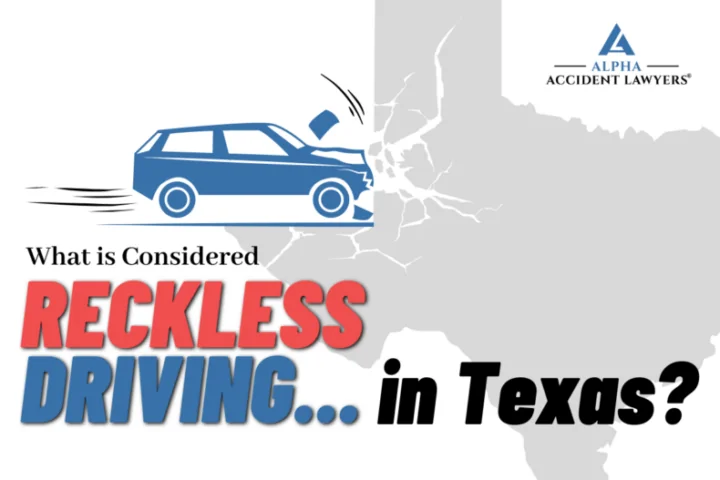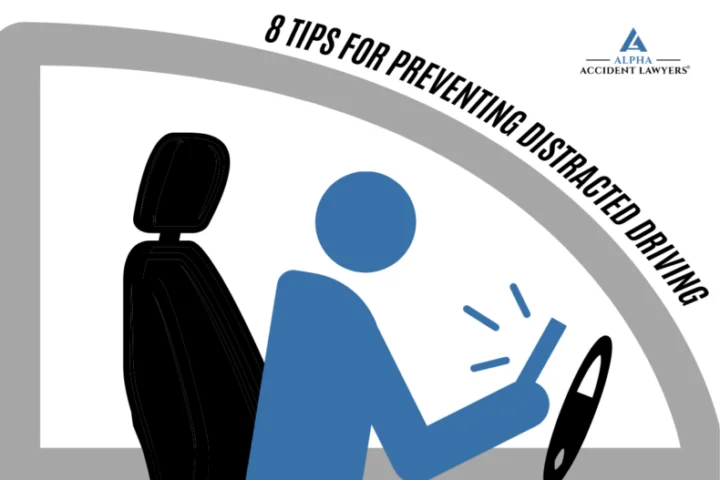Essential Road Trip Safety Tips
With the end of summer on the horizon, expect a significant jump in the number of travelers this Labor Day compared to last year. According to the American Automobile Association (AAA), an estimated 50.7 million drivers were projected to hit the nation’s roads this summer. Labor Day weekend travel is up this year. AAA booking data for hotels, rental cars, cruises, and flights revealed that domestic bookings are up 4% and international bookings are up 44% from last year. It’s exciting to embark on a new adventure such as a Labor Day road trip. However, it’s crucial to ensure your safety, as well as the safety of your passengers, and others on the road.
Whether you’re planning a cross-country journey or a weekend getaway, these top 8 tips for road trip safety can help you stay safe.
1. Inspect and Maintain Your Vehicle
Before venturing on your road trip, it’s crucial to ensure that your vehicle’s maintenance is up-to-date. Regular maintenance checks, such as oil changes, battery checks, brake inspections, and tire rotations, can help prevent unexpected breakdowns during your road trip.
Do a once over on your car and check the following:
- Tire pressure
- Air conditioning system
- Headlights
- Fluid levels
- Seat belts
- Wiper blades
- Brake lights
Also, it’s best to check for any recalls on your vehicle. Manufacturers often issue recalls for safety-related issues, so verifying your vehicle’s recall status can help you address potential problems before hitting the road.
2. Pack All the Essentials
A well-prepared emergency kit is an indispensable companion on road trips. Pack the following items:
- Car documentation
- Drinking water and paper towels
- Reflective vest
- First aid kit
- First aid kit flashlight flares
- Flashlight
- Extra batteries
- Jumper cables
- Spare bulbs for headlights, brake lights, and blinkers
- Spare tire
- Basic tool kit
- Nonperishable food
- Duct tape
- Paper road map
Don’t forget to fully charge all your devices before starting your journey. In case of emergencies, a charged cell phone can be a lifeline. Additionally, having a power bank can prove invaluable if you’re unable to find a charging point while on the road.
3. Plan Out Your Route in Advance
Planning your route and having a designated rest stop in advance is essential for safety. Familiarize yourself with the roads, highways, potential rest stops, and gas stations along the way. This can not only help you avoid getting lost but also aid in estimating travel time. The following tips can help you plan out your route:
- Consider using navigation apps that provide real-time traffic updates to navigate around road closures and heavy congestion.
- Keep a physical road map as a backup in case the GPS signal is lost.
- Check the gas prices and know the estimated cost of fuel for your trip in advance.
- Know where the nearest gas station is in case you need to stop for gas, snacks, or a restroom break.
- Keep your gas tank (or electric vehicle battery) at least halfway full, especially in remote areas where gas and charging stations are harder to come by.
- Anticipate the weather conditions you might encounter and be prepared for a weather emergency.
- Check your cell phone range and identify the nearest location for roadside assistance.
4. Buckle Up
Buckling up is one of the simplest and most effective safety measures passenger vehicle occupants can do. Seat belt use saved about 14,955 lives in 2017. Before you start driving, make sure, that everyone in the car is wearing their seat belts properly. This small action significantly reduces the risk of injury in case of a car accident. No matter how short the journey, never underestimate the importance of wearing a seat belt.
5. Ensure You Get Sufficient Sleep Before Driving
Fatigue can severely impair your ability to drive safely. Prioritize getting sufficient sleep before embarking on your road trip. According to the National Highway Traffic Safety Administration (NHTSA), drowsy driving accounts for nearly 50,000 people injured and 800 fatalities each year. Drowsy driving can be as dangerous as drunk driving, with slowed reaction times and decreased alertness. If you find yourself feeling tired during the journey, take a break and rest. Don’t push through exhaustion; it’s always better to arrive a bit later than to risk your safety.
6. Drive During Non-Peak Hours
If possible, plan your driving hours during non-peak times. Early mornings between 5:00 am and 7:00 am often have lighter traffic, making it a safer and more relaxed driving experience. Rush-hour traffic can lead to frustration and an increased risk of accidents.
By avoiding peak traffic times, you’ll also arrive at your destination sooner. Additionally, it’s a good idea to learn defensive driving skills so you can anticipate and navigate situations effectively with other road users.
7. Limit Nighttime Driving
While driving at night might have its own charm, it’s generally riskier due to reduced visibility and a higher likelihood of encountering fatigued or impaired drivers. Almost half (49%) of traffic fatalities nationwide occur during nighttime. If you must drive at night, ensure that your headlights, taillights, and indicators are in proper working condition. Stay alert and be mindful of different speed limits. Ensure you increase your following distance to give yourself more time to react to potential road hazards.
8. Take Frequent Breaks and Share the Driving
Long stretches of continuous driving can lead to driver fatigue, increasing the chances of accidents. Make it a point to take regular breaks every couple of hours to stretch, hydrate, and rest. If you’re traveling with others who are licensed to drive, consider sharing the driving responsibilities.
What to Do After an Auto Accident
Despite taking all precautions, accidents can still happen. Knowing what to do in the aftermath is crucial for your safety.
Get to Safety
After an accident, if it’s safe to do so, move your vehicle to the side of the road, in a well-lit area, to avoid further accidents. Turn on hazard lights and stay inside your vehicle until it’s safe to exit.
Call the Police
If you’re involved in an accident, no matter how minor, it’s important to call the police. The authorities will create a police report, which can be vital when dealing with an insurance claim and legal matters.
Seek Medical Attention
Even if you feel fine immediately after the accident, some injuries might not manifest until later. It’s best to seek medical attention to ensure you haven’t sustained any internal injuries.
Collect Information
Exchange information with the other parties involved in the accident. Get their names, contact details, insurance policy numbers, driver’s licenses, and license plate numbers. Also, note the make and model of their vehicles.
Take Photos and Videos
Document the accident scene by taking photos and videos. Capture the position of vehicles, damage sustained, and any relevant road signs or conditions. These visuals can be invaluable in a personal injury claim.
Speak to Eyewitnesses
If there are any witnesses to the accident, collect their contact information. Their statements can provide additional evidence and perspectives on the incident.
Consult a Personal Injury Attorney
If the accident resulted in injuries or significant damage, consulting a personal injury attorney might be necessary. Auto accident lawyers can provide legal guidance and ensure your rights are protected throughout the claims process.
Our Attorneys Defend Personal Injury Victims
If you were involved in an auto accident caused by someone else’s negligence, it’s essential to consult with an experienced personal injury attorney. At Alpha Accident Lawyers, our dedicated team is committed to defending the rights of personal injury victims and seeking fair compensation for their physical, emotional, and financial losses.
We maintain a 99% success rate and have recovered millions of dollars in verdicts and settlements for our clients. Our personal injury lawyers are here to provide support and legal expertise during challenging times. Call us to schedule a no-obligation, free consultation today.
START YOUR FREE CONSULTATION

